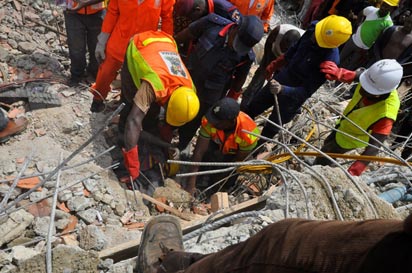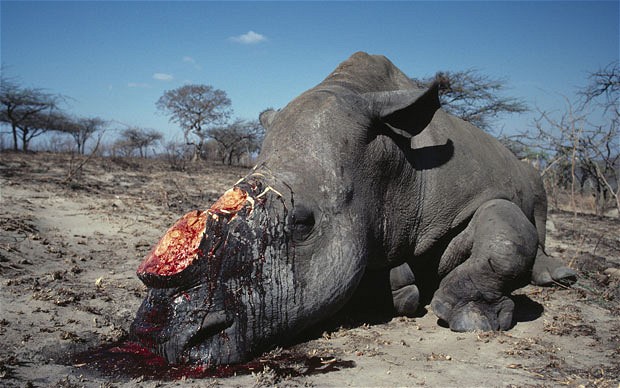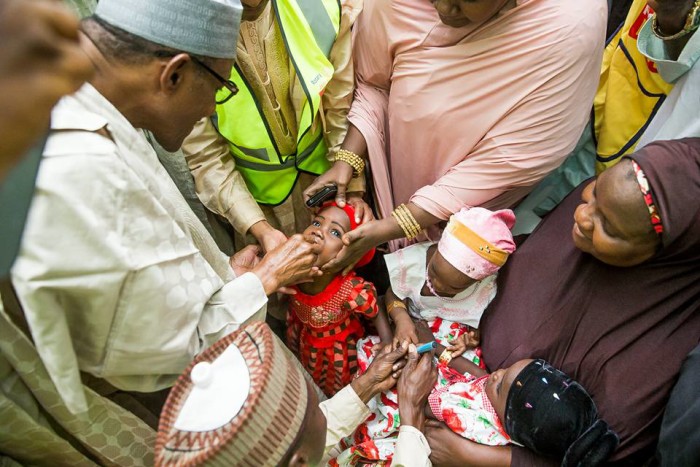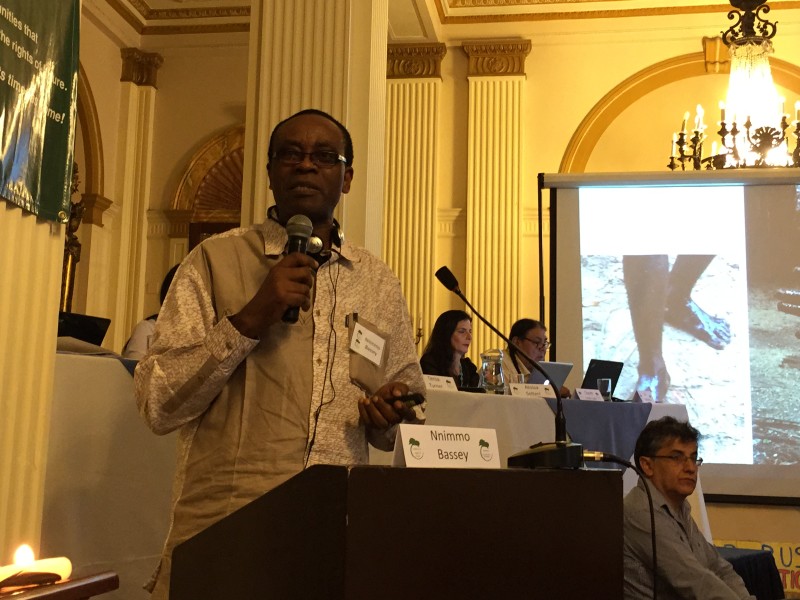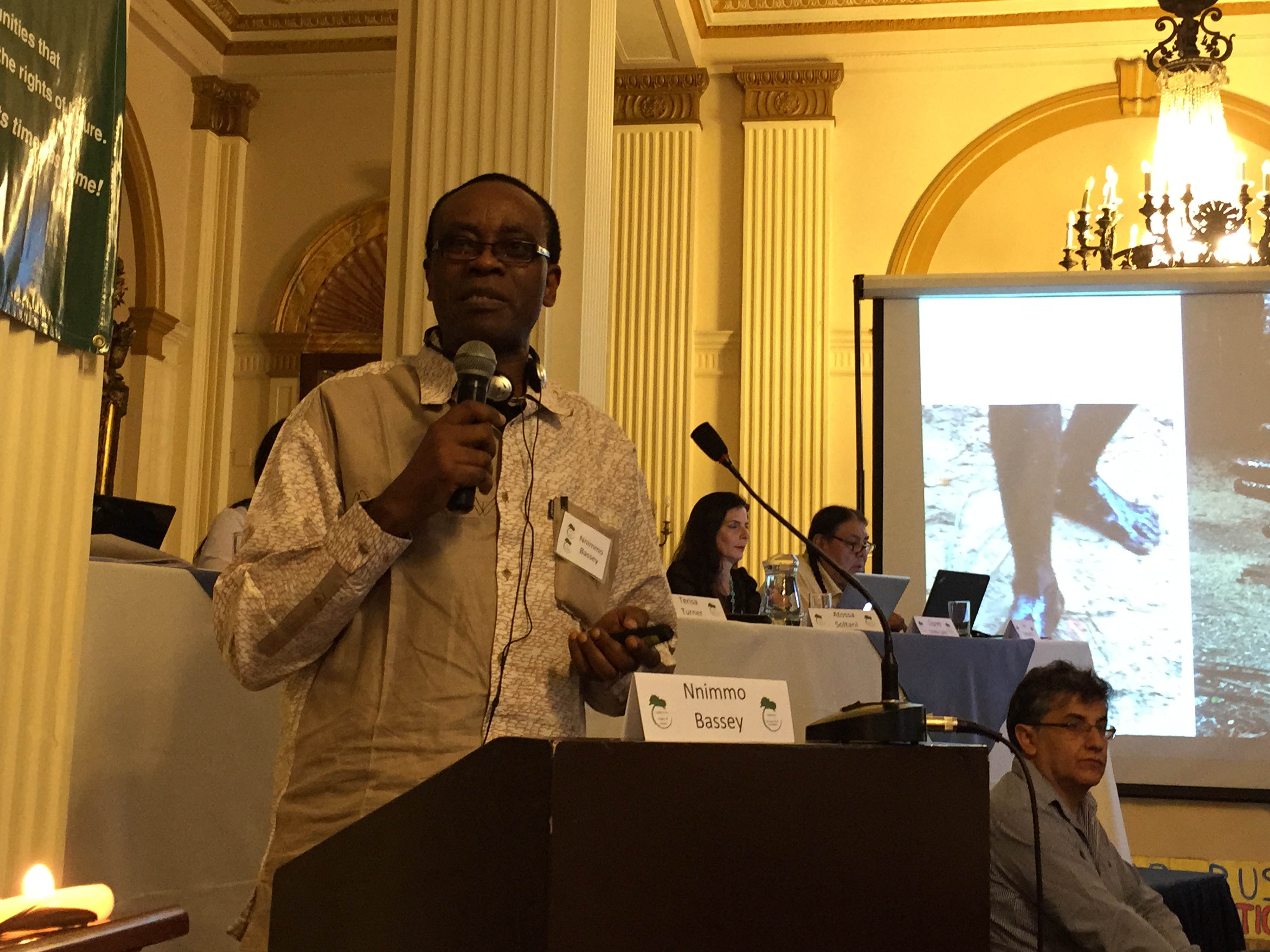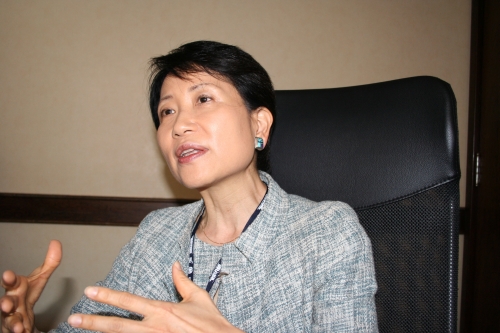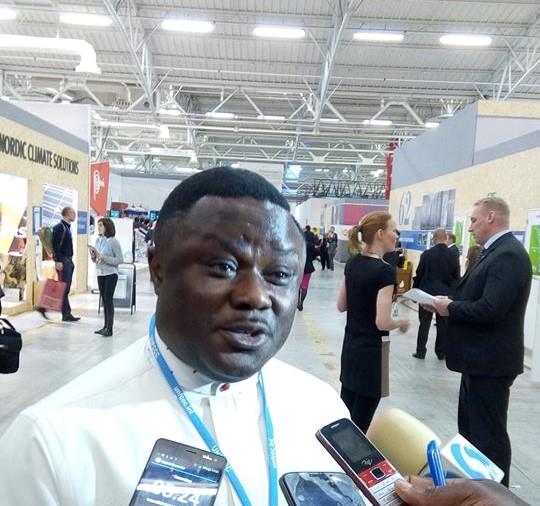Nigerians voted for change and to attain that change there is a need to do things differently, in the recognition that doing what we have always done will only result in more of the same. That change has started with the vital offensive against corruption, which has had a huge and adverse effect on our economy. Much of the debilitating underinvestment in our infrastructure that has handicapped our economic growth, has arisen because funds were diverted to enrich a few at the expense of the wider populace. At the lower levels, the waste, inefficiency and culture of non-performance have, like a financial cancer, eaten away at our core institutions. We are already beginning to see change. The slide towards self-destruction has slowed down but we must now work collectively to ensure that we exploit the upside from our situation.
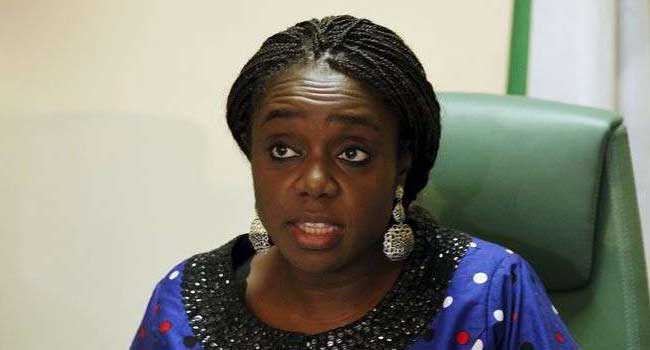
Globally the downturn has hit all nations, rich and poor alike. The manner in which governments have intervened to protect their economies have been diverse and innovative. What is abundantly clear is the fact that the previous consensus about what is best for the global economy is rapidly changing. There is a concerted move towards individualism rather than collectivism. The new normal for the global economy is that there is no normal, each nation must painstakingly work out the best path to follow.
For Nigeria, we believe that the best path to follow is to invest in infrastructure that will unlock the potential in the non oil sectors. We can transition from being a commodity economy to an industrialised, regionally dominant one. Oil is important but clearly, oil it not enough. Iran is a very recent and relevant example of living without oil. The sanctions that embargoed Iran’s oil led to the development of robust petrochemical and other export industries that enabled the country to survive. Iran survived without oil, made tough decisions and is now being feted by investors as the next growth story.
The focus of our economic policy is to redress the infrastructure deficit, unlock the rich diversity in the economy with a determined and focused turnaround programme. For us it would be a tragedy to have endured so much pain and not emerge better and stronger. The provision of a spending stimulus to the economy is critical to releasing the upside in the economy. Investing specifically in Power and Transportation will release the opportunities in solid minerals, manufacturing and agriculture.
However, government spending alone is insufficient to bridge the infrastructure gap and there is a need to embrace private capital to provide additional impact. We are at an advanced stage of reforming the process for Public Private Partnerships to provide a seamless pathway to attracting much needed private, financial and operational input to service delivery. Private capital brings more than financial resources; it also brings discipline and best practice, creating a benchmark against which the utilisation of public money can be measured.
It is important to link the fiscal housekeeping initiatives that we have started with the wider economic strategy. Specifically, questions around the focus on corruption and the elimination of ghost workers, controlling inefficient spending and preventing revenue leakages, need to be evaluated in the context of how it impacts our ability to stimulate the economy. We have been increasing our level of borrowing annually, and much of that is used to fund recurrent spending. Indeed, in 2015 just 10% of spending went to capital items. We spent more on travel, training and stationery than on roads. No nation has ever developed with such consistent underinvestment in capital.
Growing the economy at a rate that will address the employment needs of our huge population requires a fundamental change in how government collects its revenues and spends. The 2016 budget is deficit financed; and the fiscal housekeeping which is aggressively blocking revenue leakages and reducing costs is firmly aimed at ensuring that the borrowed funds are channelled into capital projects, rather than seeping through an inefficient financial management system. This is not only prudent economics but it is a moral necessity, since these borrowings will be repaid by future generations. Therefore, while we focus fully on the macroeconomic indicators; we must and will continue to focus on the micro factors which collectively shape and determine the larger picture.
The road map to attaining our objectives is a tough one, and we may endure the financial pain for longer than we would prefer, but the upside is that we have actually already endured the worst part of the adjustment cycle. The outlook for oil prices is looking more positive but we are fundamentally determined to ignore oil. One word that will resonate across all that we do in government is ‘Discipline’. Financial discipline is going to be a game changer in shaping the future of Nigeria’s economy.
Our focus will make sure that ‘every naira counts’ irrespective of its source. The government is ready and determined to lead this crusade of financial responsibility. The big questions are:
- Is the populace ready to do the right thing in their respective areas of operations?
- Are we willing to be frugal and conservative in expenditure?
- Are we as custodians of the nation’s wealth willing to manage the resources entrusted to us with care, knowing that someday we will be called to account?
- Are we willing to confront those who mismanage our collective wealth regardless of the consequences?
- Dare we look at what worked successfully in the 50s and 60s, and then modernise and re-enact them?
- Dare we look at global trends, and courageously invest in our forecasted choices?
Nigeria stands on the threshold, daring to move into previously uncharted territory through identifying and embracing novel economic and fiscal policy stratagems that will release our considerable upside. We are for innovation to create a new workable path, courage, and discipline to implement and build a resilient economy that is not controlled by the oil price.
By Kemi Adeosun, Minister of Finance, Federal Republic of Nigeria. This is the first of a series of three articles.

